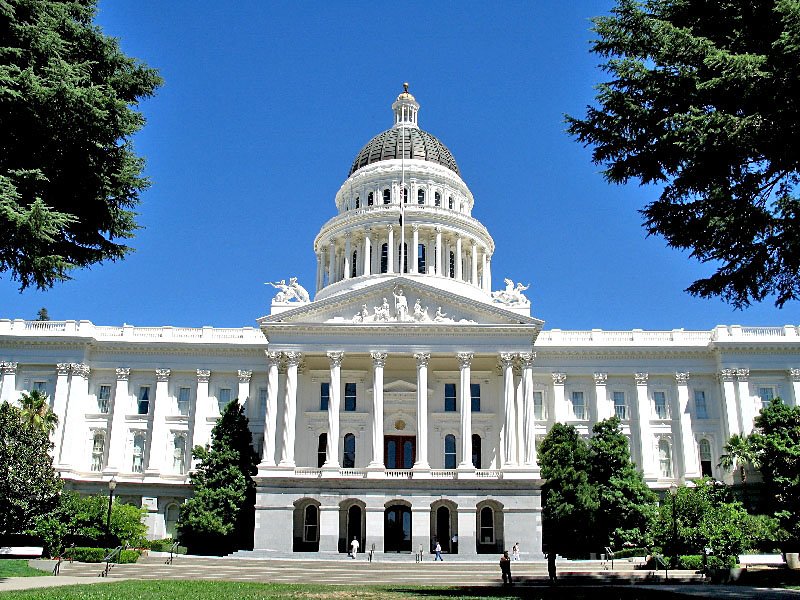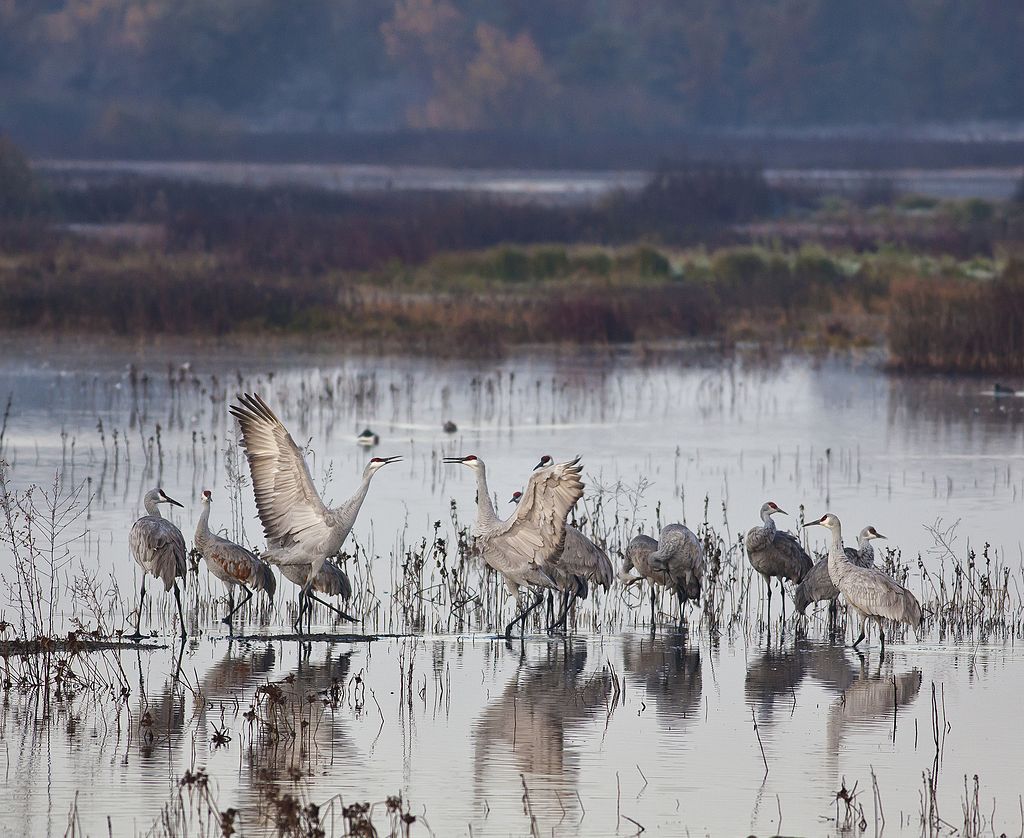
First Half of Lawmaking Year Delivers Good for Environment
Volunteer Water Report Offers Real Solutions to CA’s Water Issues
In-District Advocacy
First Half of Lawmaking Year Delivers Good for Environment
By Kathryn Phillips

The legislature just finished the first half of its first year of lawmaking of a two-year session, and it appears that the environment fared well.
Two key bills that would begin California’s transition away from wasteful single-use packaging, Senate Bill 54 (Allen) and Assembly Bill 1080 (Gonzalez), passed in their respective houses and now move to the other house.
Also passing in their houses of origin were SB 307 (Roth), a bill to force environmental assessment of the aquifer overdrafting project proposed by Cadiz, Inc., and SB 210 (Leyva) a bill to beef up enforcement of pollution control programs for diesel heavy-duty trucks.
In the Assembly, a migratory bird protection bill, AB 454 (Kalra), drew opposition from the oil industry, but a unified push by environmental groups helped it pass. The opposition was unexpected but also represented a refreshingly transparent demonstration that Big Oil doesn’t care a bit about the environment.
A bill to abolish certain uses of rodenticides that are linked to the near-extinction of at least one key Sierra Nevada species, passed in the Assembly. That bill, AB 1788 (Bloom), is similar to other bills that have failed in the past.
You can see a full list of outcomes for key environmental bills on our website.
That list represents a fraction of the bills Sierra Club California staff monitored and actively advocated for or against over the last few months. In March, after the bill introductions, we began following 632 bills with environmental content. Of those, we opposed 57 and supported 210.
Of the bills we opposed, 32 ended their journey in the first house, while 25 moved to the second house where we have another chance to amend or stop them. Of the bills we supported, 164 passed in their house of origin and now will need additional work to get them through the second house in good form and on to the governor’s desk.
Overall, more environmental bills were introduced this year than in other recent years, although many of them have not actually developed into full bills yet and will not move until next year, if at all.
Volunteer Water Report Offers Real Solutions to CA’s Water Issues
By Brandon Dawson

Photo by Bob Wick, Bureau of Land Management
A recent executive order from Governor Gavin Newsom established this refreshing shift.
And Sierra Club California activists quickly responded with an important paper that outlines how California’s water policy can now be shaped to promote sustainability and regional resilience.
The paper, The Smart Alternative to Tunnel(s): A Sensible Water Management Portfolio, was researched and written by a team of volunteer leaders on Sierra Club California’s Water Committee who have expertise in water policy.
The paper calls for a sustainable portfolio approach as a solution to the many water challenges that California faces such as climate change, over-allocation and over-pumping of critical groundwater basins.
The report proposes practices that affect different water-using sectors and can be employed across the state.
For the agricultural industry, the document suggests investing in and managing new irrigation technology and techniques that will increase water use efficiency, as well as better enforcement in assessing and managing water transfers.
The report notes that within urban communities, fixing old water pipes and systems and investing in rainwater capture techniques that provide a recharge benefit to underlying groundwater aquifers could result in saving substantial amounts of water per year.
The report provides reasonable and feasible alternatives to the long-simmering twin tunnels project that would have moved water through two enormous tunnels from rivers north of the San Francisco Bay Delta to farms and communities south of the Delta and diverted fresh water away from the Delta.
Days after Governor Newsom signed an executive order to build a climate-resilient water system, he formally rejected the twin tunnels project and ordered the Department of Water Resources to start planning for a single tunnel.
But even a single tunnel would be costly and unnecessary. There are numerous alternatives, as the report illustrates, to building just one tunnel that are less expensive, less energy-intensive and more environmentally prudent.
By Molly Culton

In April and May, Sierra Club California hosted six webinar trainings on best practices for meeting with legislators in their home districts. In total, nearly 100 volunteers registered to attend the webinars.
For those of you who participated in the webinars, it’s time to turn activism into action. Now that you have learned the tools to have successful meetings with your legislators, the next step is to take what you learned and apply it in real life.
In the coming weeks, one of our organizers will be in touch with you about how you can get involved in your district. Be on the lookout for notifications and alerts in your inbox asking you to take in-district action on a particular bill. Your voice makes a difference when it comes to how your representatives vote on bills.
As you take steps to meet with your legislators in their home districts, please be sure to coordinate with your local chapter and its political committee chair.
For those of you who are interested in becoming an advocate at home in your district, but were unable to attend the previous trainings, you can find a recording of the webinar on our In-District Advocacy page.
For more information, you can email Molly.Culton@sierraclub.org.
Follow Us:
  |
Thank you for being a part of our work! Consider making it monthly. You may securely donate online or by sending a check to Sierra Club California at 909 12th Street, Suite 202, Sacramento, CA 95814.
